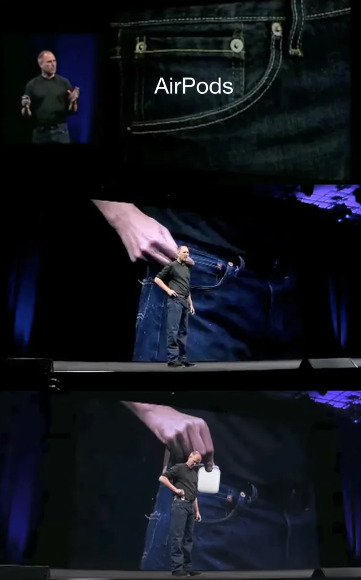2 Min Read
Apple Cuts the Cord
Charging your iPhone just got a little easier.
Apple recently announced it would retire its Lightning charger after more than a decade as the brand’s default power block for phones and headphones.
The move means fewer cords for anyone who buys a new iPhone 15. Although Apple points out that its proprietary charger works faster, and most users probably already own several. The switch also means Apple loses control (and a lot of money) from chargers and accessories.
In this case, the switch was driven by new regulations in Europe requiring devices to work with USB-C charging by 2024.
But Apple has a history of sunsetting key technologies before the industry – and many users – think it’s time to do so.
From floppy disks and CDs to phone keyboards and headphone jacks, Apple has disrupted the way we interact with technology countless times over the years.
The tactic dates all the way back to 1985, when Apple removed arrow keys from keyboards to encourage users to embrace a brand new technology – the computer mouse. It eventually added the arrow keys back and kept the mouse.
Upgrades You Didn’t Know You Wanted
Apple’s forced obsolescence aligns with a now-famous Steve Jobs quote: “People don’t know what they want until you show it to them.”
Apple recognizes its unique opportunity to leverage its size and brand to charter these transitions. In many cases, the moves aligned with other business goals, like creating a market for AirPods by discontinuing the iPhone’s headphone jack. Still, there’s no doubt Apple’s penchant for phasing stuff out has redefined consumer tech many times over the years.
By positioning all of those updates as visionary undertakings, it plays into Apple’s larger story of carefully curated products and the courage to think different.
Being the first to advance such changes gives Apple a powerful branding edge and a head start on capitalizing on the new reality.
Even when it’s not Apple’s idea, the company still finds advantages. Following the new charger rules, the company announced it will sell a $29 USB-C to Lightning converter for existing iPhones.
